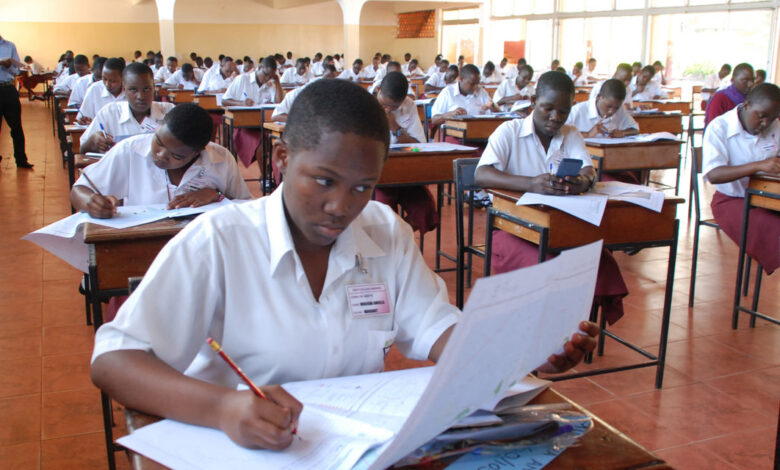UNEB releases sample papers for new 0’level curriculum
The Competency-Based Assessment emphasises learner-centred pedagogies and the integration of technological and practical innovations in the teaching/learning process.

The Uganda National Examinations Board (UNEB) has released sample test papers and a continuous tool for assessment of the New Lower Secondary Curriculum (NLSC).
The Ministry of Education and Sports through the National Curriculum Development Center introduced a competence-based curriculum in secondary schools in 2020 and has since held training sessions for teachers across the country on how to implement the new curriculum.
The Competency-Based Assessment emphasises learner-centred pedagogies and the integration of technological and practical innovations in the teaching/learning process.
The 2020 secondary school Language Competence-Based Curriculum replaced the 2008 Integrated English teaching syllabus that emphasised the use of integration at either subject or unit level as opposed to the teaching of language in isolated compartments like grammar, vocabulary, comprehension or writing.
The Executive Director, Mr. Dan Odongo, while addressing a two-day stakeholder meeting on the assessment under the NLSC in Kampala on March 18, 2024, said that the aim of the sample materials is to guide schools on the new assessment formats for Competency-Based Assessment (CBA).
“With these tools, schools will now be comforted and know how the assessment will go. The sample papers are, however, just dummies of what is likely to come in the end-cycle assessment. The final scenarios will certainly be different,’’ Odongo said.
Ismael Mulindwa, the Director for Basic and Secondary Education at the Ministry of Education and Sports, said that the meeting was relevant as it targeted key stakeholders with various complementary roles in the implementation of the NLSC.
Florence Buyinza Agola, the Manager of Examinations Development, stated that the goal of the new curriculum is to create lifelong learners who can adapt to the changing world.
She added that obtaining such quality graduates requires implementing holistic learning, valid and reliable assessment of the NLSC, and full participation of all stakeholders.
The meeting was attended by senior officials of the Ministry of Education and Sports, including commissioners and assistant commissioners, and ministry and regional inspectors of the Directorate of Education Standards (DES), among others.







